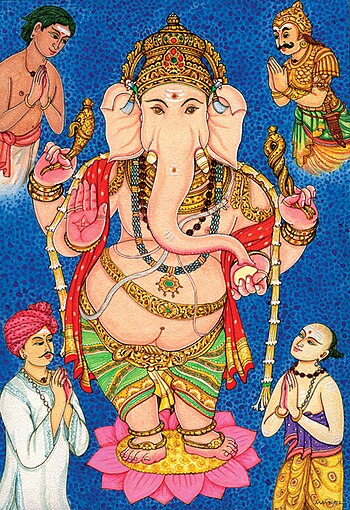As we saw, globalization involves an interaction between cultures. But when does this relationship with other cultures start affecting ours? Should we try to keep our culture?
This issue becomes stronger when we deal with immigration.
A great example: Australia.
The majority of Australians descends from immigrants. So, this country’s culture was built by diverse waves of immigrants, being nowadays one of the most diverse cultures.
According to John Howard, who was the Australia’s Prime Minister, although Australia descends from a mix between cultures, it has it own values and beliefs. Take a look to some extracts of his speech on immigration to the Australia’s Muslim population:
"I am not against immigration." "However, there are a few things that those who have recently come to our country, and apparently some born here, need to understand."
"This idea of Australia being a multi-cultural community has served only to dilute our sovereignty and our national identity."
"We speak mainly ENGLISH, not Spanish, Lebanese, Arabic, Chinese, Japanese, Russian, or any other language. Therefore, if you wish to become part of our society, learn the language!"
"We will accept your beliefs, and will not question why. All we ask is that you accept ours, and live in harmony and peaceful enjoyment with us."
“By all means, keep your culture, but do not force it on others.”
"This is our country, our land and our lifestyle, and we will allow you every opportunity to enjoy all this. But once you are done complaining, whining, and griping about Our Flag, Our Pledge, Our Christian beliefs, or Our Way of Life, I highly encourage you take advantage of one other great Australian freedom, 'THE RIGHT TO LEAVE'."
"If you aren't happy here then LEAVE. We didn't force you to come here. You asked to be here. So accept the country YOU accepted."
We can see that this is a question hard to deal whit. Every immigrant has the right to follow his/her lifestyle, according to his/her religion or culture. However this right may collide with Australian’s own culture.
Howard gives an example related to religion. Most Australians are Christian. Actually the ‘modern’ Australia was founded by Christians. So, God is a part of Australian culture. Should Australians remove Christian symbols from, for example, schools? According to Howard, they don’t. “If God offends you, then I suggest you consider another part of the world as your new home”, he adds.
What is his solution? Adapt or leave. The same way Australians accept other religions and lifestyles, immigrants should adapt to the culture of the place they choose to live.
The truth is that somehow the relationship with other cultures affects our continuously developing culture. That is something we can’t (and shouldn’t) fight. However we can (and should) try to keep our own culture, knowing that it’s being built in a globalized world.
Source:
http://www.hoax-slayer.com/howard-muslim-speech.shtml












